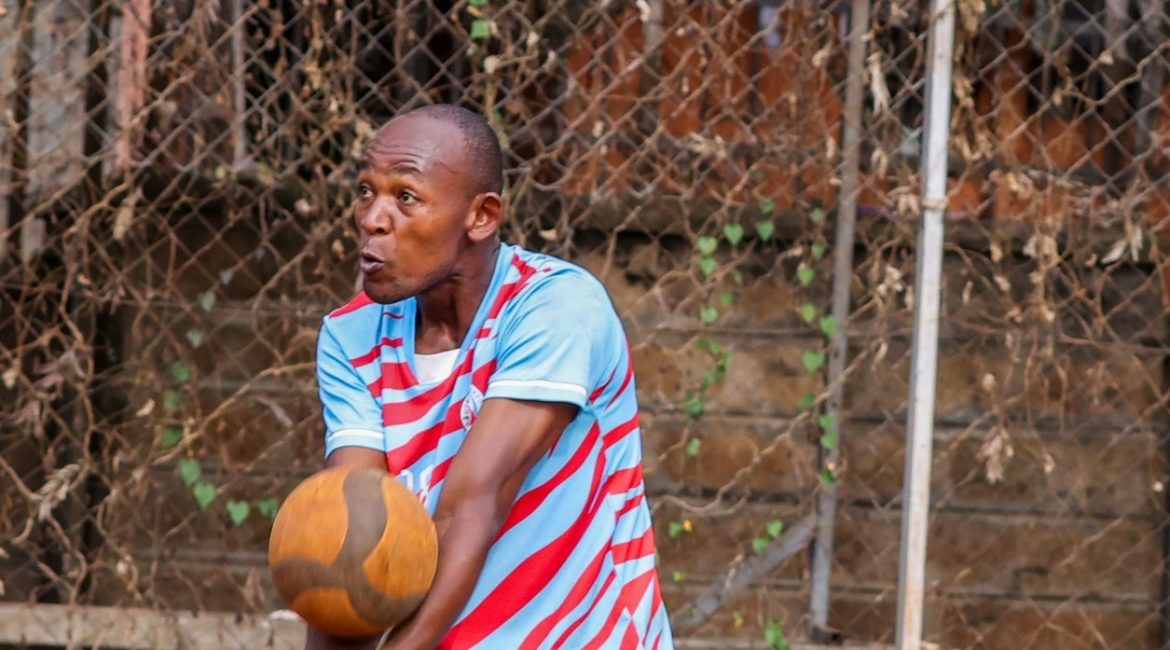As the Kenya Volleyball Federation (KVF) prepares for its crucial Technical Meeting on October 12, 2024, the future of Kenyan volleyball is at a critical crossroads. This meeting presents a defining opportunity for Team Managers and Club Representatives to advocate for meaningful change, ensuring that the sport moves toward progress rather than stagnation. It is time to clarify that outdoor volleyball is no longer a viable option for top-tier competitions in Kenya.
It is astonishing that in 2024, Kenya still relies heavily on outdoor volleyball courts for its premier leagues, while neighbouring Rwanda is rapidly modernizing. Rwanda’s focus on indoor facilities, technological advancements like the Volleyball Challenge System, and the professionalization of its volleyball leagues are propelling the nation forward. Meanwhile, Kenya’s failure to adopt similar reforms is contributing to the decline of its national teams, particularly the Malkia Strikers, whose recent performances have been disappointing. Without a drastic shift in infrastructure and strategy, Kenya’s prospects for the 2028 Los Angeles Olympic Games could be in jeopardy.
The Kenyan men’s volleyball team recently achieved a historic silver medal in the continental championships using only local players. This success should have been a catalyst for further investment in the sport. Instead, the return to outdoor courts, where weather conditions and uneven surfaces hinder the quality of play, feels like a major regression. If Kenya wants to compete on the international stage, its players need to train and compete in the kind of environments they will face abroad—indoors, in controlled conditions that allow them to reach their full potential.
The upcoming KVF Technical Meeting should be more than just a formality. Team managers must prioritize the future of the sport over personal gains and call for immediate reforms that will elevate Kenyan volleyball. Investing in indoor arenas, setting clear and consistent rules for the season, and improving player welfare are critical steps toward aligning Kenya with international standards.
Lessons from Rwanda’s Volleyball Revolution:
- All Matches Played Indoors: Rwanda has banned outdoor volleyball for its top leagues. Matches are held exclusively indoors, ensuring a professional standard of play.
- Separation of League and Tournament Play: Rwanda separates league matches from tournaments, with both taking place in indoor facilities. If a tournament is outdoors, it is held on turf or cemented courts, never on grass or dusty surfaces.
- Strict Adherence to Rules: Rwanda sets its season rules at the beginning of the year and never compromises on them, creating a stable and predictable competition structure.
- Professionalized Player Transfers: Local player transfers in Rwanda are highly professionalized, with clubs negotiating fees and transfer payments, ensuring that even local players benefit financially.
- Transparent Prize Money: Rwanda announces prize money for playoffs and tournaments at the start of the season, allowing teams to know exactly what they are competing for.
- Recognition of Top Players: Individual awards in Rwanda include trophies, certificates, and cash prizes, motivating players to excel.
- Introduction of the Volleyball Challenge System: Rwanda is finalizing the implementation of the Volleyball Challenge System, enhancing the fairness and professionalism of its matches.
- Infrastructure for Hosting International Competitions: Rwanda is already preparing facilities and infrastructure to bid for the Men’s Club Championships in 2025, positioning itself as a key player in hosting major events.
- Attracting International Talent: One Rwandan team has signed a Brazilian setter, and more clubs are looking to bring in international professionals, raising the level of competition in the country.
Kenya must take these lessons to heart and use the KVF Technical Meeting as a turning point.





